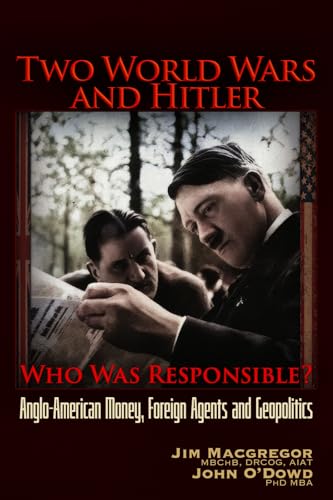
Cataclysm
by David Stevenson
"The First World War as Political Tragedy"
Popularity
4.73 / 5
* A book's popularity is determined by how it compares to all other books on this website.
Where to buy?
Buy from Amazon* If you buy this book through the link above, we may receive a small commission at no extra cost to you.
Cataclysm by David Stevenson
Details
War:
World War I
Perspective:
Researcher
True Story:
Yes
Biography:
No
Region:
Europe
Page Count:
624
Published Date:
2009
ISBN13:
9780786738854
Description
Main Themes and Topics
Cataclysm by David Stevenson is a comprehensive analysis of World War I, challenging many traditional narratives surrounding the conflict. The book focuses on the deliberate decisions made by political leaders that led to and sustained the war. Stevenson argues against the notion that the war was an uncontrollable juggernaut, instead presenting it as a series of calculated political maneuvers. The themes of agency and control are central, with a detailed examination of how choices led to catastrophic outcomes. Additionally, Stevenson explores the intricate web of secret treaties and alliances which contributed to the widespread involvement of various nations. The societal and cultural transformations, as well as the political and economic repercussions following the war, are crucial topics in Stevenson's narrative.
Writing Style and Tone
Stevenson's writing is detailed and fluid, making complex historical events accessible to a broad audience. His tone is scholarly yet engaging, offering a critical perspective on well-known historical events. The prose is marked by clarity and precision, which enables readers to grasp the nuanced arguments and intricate historical details effectively. Stevenson's approach is both analytical and narrative, providing a holistic view of World War I while maintaining an academic rigor that is supported by extensive research.
Brief Summary
Cataclysm offers a revisionist perspective on World War I, highlighting the conscious decisions by political leaders that led to and prolonged the war. The book delves into the complex network of alliances and treaties that enmeshed Europe in a massive conflict. Through detailed accounts of key battles and shifts, such as Gallipoli, the Somme, and the entry of the United States, Stevenson illustrates the war's comprehensive impact on the world stage. The narrative extends beyond the battlefield, examining the profound shifts in global politics, society, and culture triggered by the war.









